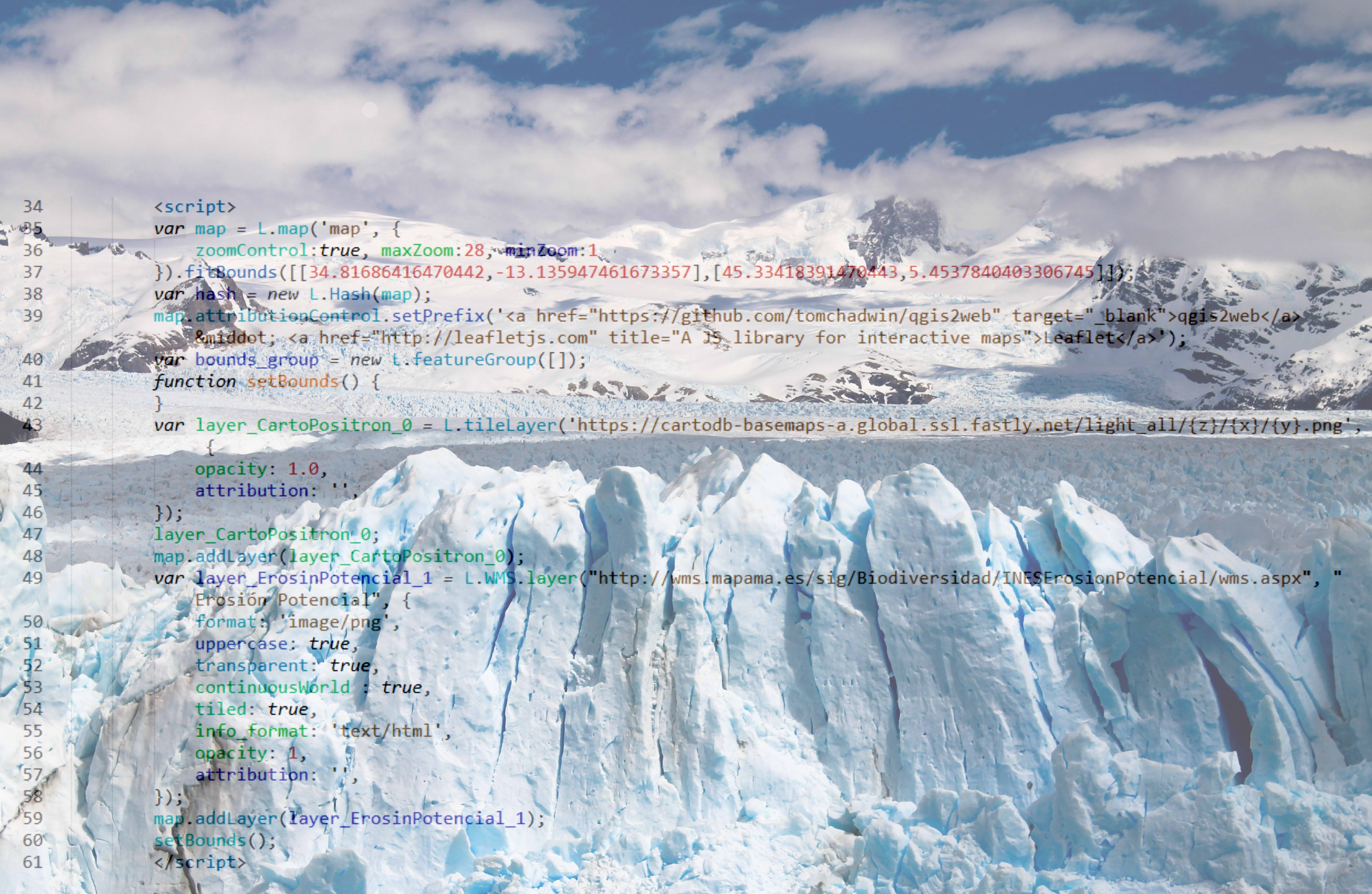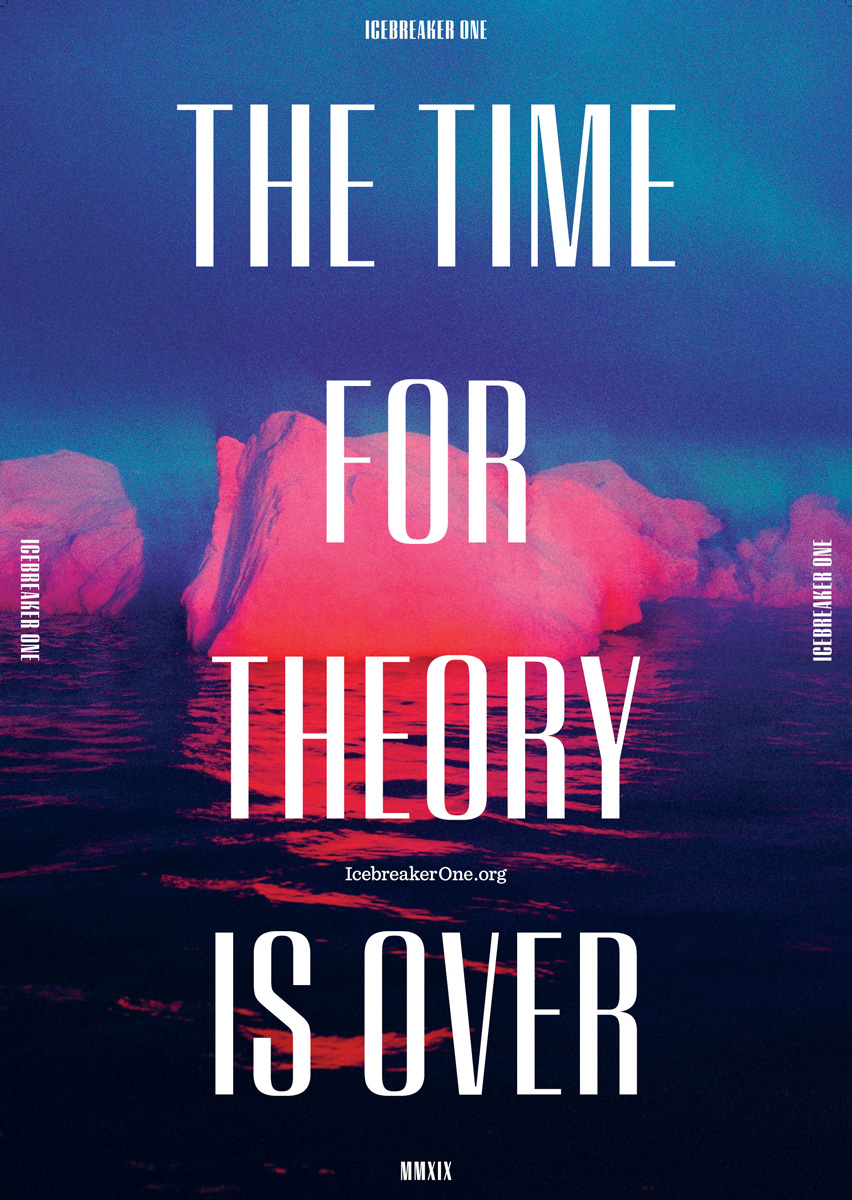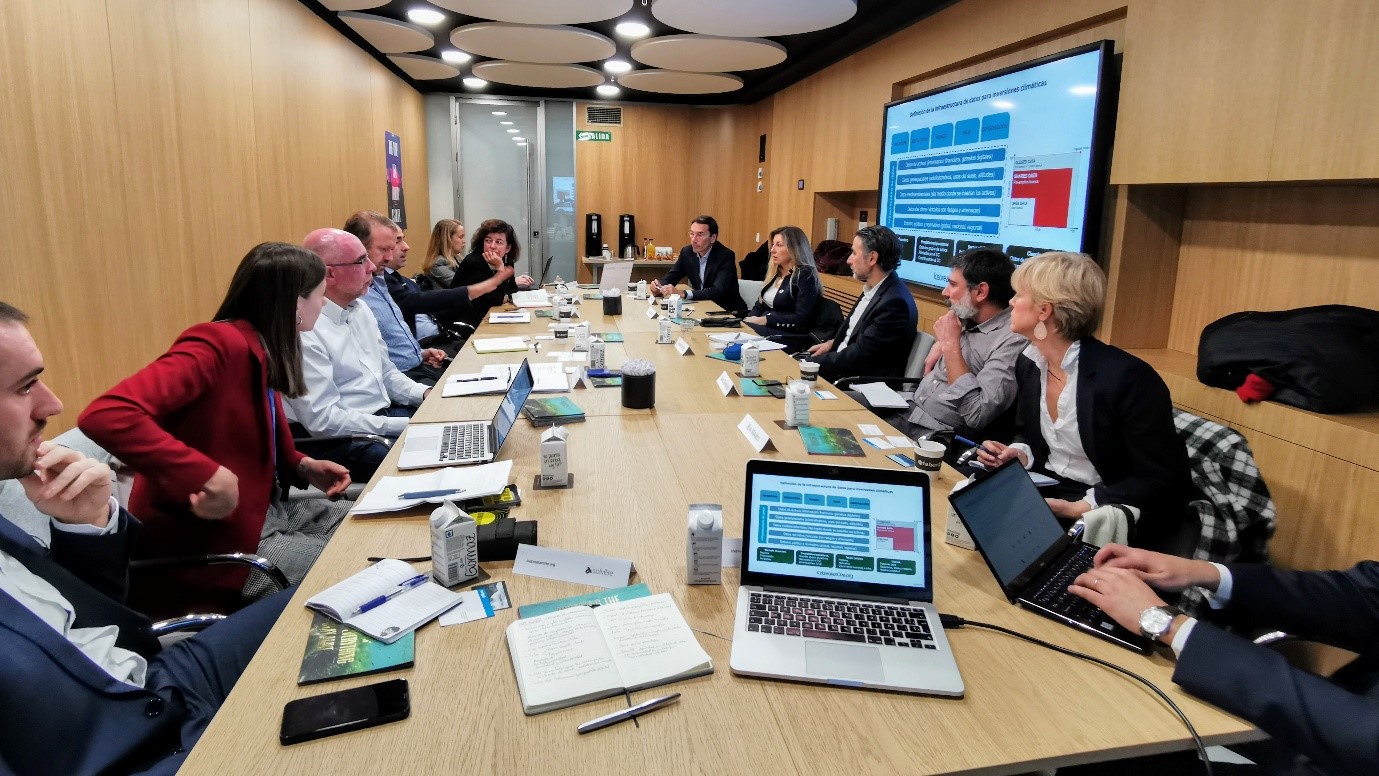On December 10th, Solvere Infraestructuras organized -on the occasion of the COP25 summit in Madrid- a roundtable with experts from the public sector, the private sector and academia to present Icebreaker One, an initiative in which we are participating to develop an open standard of climate risk data and sustainable financing. The debate was guided by an open and collaborative spirit and made it possible to highlight experiences, needs and possible use cases for the development of the standard.
The founder of Icebreaker One is Gavin Starks, founder and promoter of high-profile and impact initiatives such as the Open Data Institute or the Open Banking Standard.
The session -moderated by Solvere's Managing Partner José Cordovilla- featured a rich group of experts from the infrastructure, environment and data technology sectors, as follows:
- Eva Mañes, Technical Counsellor for Strategic Planning, Madrid City Council
- Javier Galera, Partner at Columbus Infrastructure
- David Gonzalez, Founder and CTO at Vizzuality
- Juan Luis Manfredi, Academic Director of The Observatory for the Transformation of the Public Sector at ESADE and professor at the University of Castilla La Mancha
- Paloma Martino, Technical Director, ERM (Environmental Resources Management) Iberia
- Gea Mikic, Programme Manager, Icebreaker One
- Lola Ortiz, General Director of Planning and Mobility Infrastructures of the City of Madrid
- Joan Pons, Innovation Director at Sorigué
- Miguel Prieto, Associate Director at Arup Spain
- Antonio Rodríguez Pascual. Deputy Deputy Director at the National Geographical Information Center, National Geographical Institute of Spain
- Fabio Blasi, Partner at Solvere
- Javier Gabás, GIS Analyst and Programmer at Solvere
The main ideas discussed at the roundtable can be grouped in four areas:
-
Open data, shared data, private data.
The importance of clearly defining what each data sharing category means, and how they can be used, licensed, and shared. The ambition to develop clear rules for shared data: pre-emptive licenses that facilitate the flow of data for decision making. A useful reference is “Creative Commons” which predetermines the terms of use and copyright of intellectual property. When standards exist, certification systems are also created to ensure quality.
-
The contemporary culture of keeping everything locked down
How will we change the culture so that the public and private sectors understand that the data have no value as an asset unless they are shared, and that the exchange of data will benefit everyone? There was talk of the abundance of data and the problem of quality and confidentiality. We face mismatches such as a large amount of open data (although it is estimated that only 10% of public data are open) that are not used in making decisions about resource allocation, or not knowing what shared data exist, or they cannot be searched, licensed, used or shared after analysis. The need for joint competencies and cross-sector experiences to eliminate suspicion, foster leadership and share knowledge. A possible leverage is in the professional and sectoral associations, which allow multiple actors to take a first step without compromising a particular interest.
-
Ensure data quality.
How can we trust data that come from other organizations? The creation of standards also requires certification systems to ensure quality. Hence, we need to understand where the data are, where there are no data, and where it needs to be improved, systematically keeping the focus on the user needs. Consistency over time and data traceability are critical.
-
Build and test specific solutions, with real customers.
The meeting defined possible implementation cases - see list below - that would allow quick testing and iteration of products and services with the public and private sectors, so that this collective action problem can be solved.


Following the round of perspectives and ideas, the participants put forward suggestions for possible use cases of the standard in their respective fields of work:
-
Resilient Infrastructure - Nautinfra: Access to data about service levels, infrastructure condition, resources and interdependencies to identify and reduce vulnerabilities in infrastructure systems, with the objective of improving the continuity of the service. Nautinfra is a methodology developed by Solvere. For more information about Nautinfra you can read our blog or download our brochure.
-
Transport: In collaboration with the platform of logistics enterprises UN1, and using the data from sensors at the areas for the loading and unloading of goods in the city, seek the optimization of delivery routes and times.
-
Transport: Access by the urban planner to data from the electric scooters operated by private companies, to develop and follow up on adequate regulations for this mode of transport.
-
City and green areas: public-private collaboration for the transformation and sustainable use of vacant public space as green areas, including access to historical data from previous developments.
-
Agriculture: Access to data about water and energy use in agricultural supply chains, to reduce their impact and improve their sustainability.
-
Energy: Access to detailed data from individual owners to develop self-consumption energy networks.
-
Public Sector: Diagnosis of practices, capabilities and needs in the public sector to increase access and effective use of open data by users.
-
Encourage the sharing of data by private companies in exchange for access to benchmarks of their businesses in their sector.
-
Air quality: Monitoring and evaluation of the impact of measures based on air quality data from sensors placed in vehicles circulating in the city.
-
Mobility and quality of life in the city: How to extract value from the data the multiple mobility studies and reports carried out for the urban development project Madrid Norte.
-
Efficiency and economic sense of expenditure: Access to reliable and up-to-date data about investments, resources, and O&M costs of infrastructure to deliver better service at a lower life cycle cost.
-
Private sector: Possible partnerships with Asedie -association of companies that provide corporate financial information- for the access to data and the development of innovative businesses.
